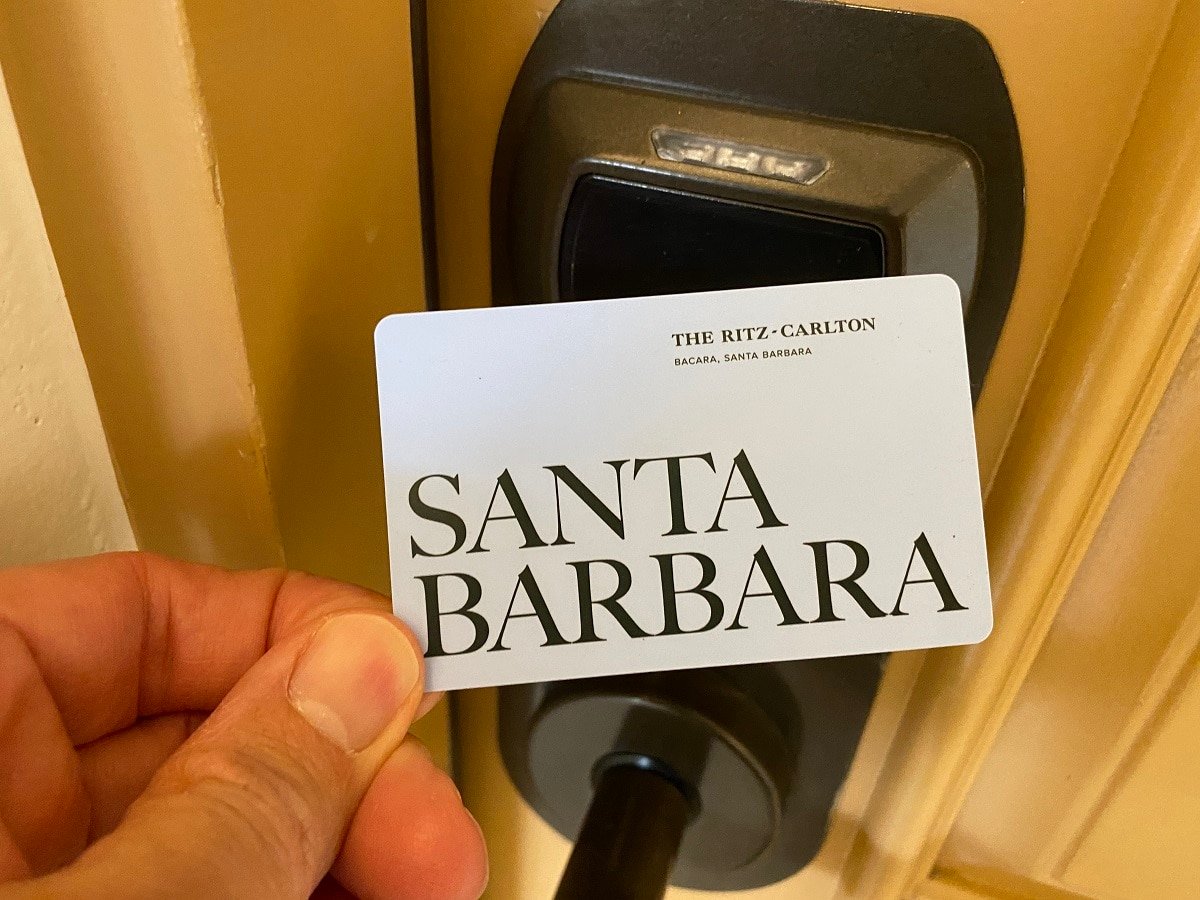This post contains references to products from one or more of our advertisers. We may receive compensation when you click on links to those products. For an explanation of our Advertising Disclosure, visit this page.q
Many award travel aficionados have a love-hate relationship with Chase Bank. See, the best credit cards from Chase offer some of the best cash back and travel rewards, including the lucrative Chase Sapphire Preferred® Card. However, the bank’s 5/24 application rules are strict, and it’s easy to be denied credit, depending on how many credit cards you have.

What is the Chase 5/24 Rule?
The Chase 5/24 rule is a policy that prevents getting approved for most Chase credit cards when you have opened five or more new credit cards within the last 24 months—regardless of which bank issues the card. Being added as an authorized user to personal credit cards can also count against you.
However, this policy is unwritten. You won’t find it anywhere on the Chase website, but it’s confirmed by several years of data points from credit card applicants. The MyFico Forums and Reddit are a treasure trove if you like researching application stories about credit cards you want.
The purpose of this rule is to prevent frequent credit card churning where people open an account to earn one of the best credit card signup bonuses but close the account soon after.
As a reminder, you also need a qualifying credit score and income among other factors to be approved for a credit card. You should also make sure you qualify for the signup bonus before applying to have more opportunities to earn rewards or be eligible for introductory APRs.
Read More: Here’s How to Check Your Chase Credit Card Application Status
Chase 5/24 Explained
The Chase 5/24 is pretty straightforward for most people, but some situations can be a little cloudy depending on how the credit accounts appear on your credit report.
These credit card account types that are 24 months or younger count toward the limit:
- Personal credit cards where you’re the primary cardholder
- Personal credit cards where you’re the authorized user
- Business credit cards that appear on your personal credit report
- Store charge cards (retail credit cards)
- Credit cards that you open and close within a rolling two-year period
As a quick example, if you open three credit cards in your name and are listed as an authorized user on two additional cards within a two-year period, you must wait for the oldest account to be older than 24 months before you’re “4/24” and no longer subject to this rule.
Unfortunately, closing an account that you also happen to open within the past 24 months won’t erase this history. Remember that Chase counts the number of new accounts opened, and it doesn’t necessarily matter if it’s still open or closed in good standing.
Checking your credit report for free is the best way to verify the age of your accounts. This exercise also lets you see the same details that credit card issuers go over when they review your card application.
Chase 5/24 Exceptions
Like most facets of life, there are exceptions to the rule. It’s possible to have at least five new credit card accounts but still be eligible for Chase consumer or business cards affected by the 5/24 guidelines.
Business Credit Cards That Don’t Appear on Personal Credit History
Fortunately, most business credit cards don’t report your monthly payment activity to the personal credit bureaus (Equifax, Experian, and TransUnion). This includes Chase business credit cards.
However, most Capital One business credit cards along with those from Discover and TD Bank report your activity. You should avoid these products until you get your desired Chase card.
Remove an Authorized User
No longer being an authorized user on an impacted card can have the account no longer appear on your report. However, you may need to wait up to 90 days for the changes to take effect and drop off your credit history.
Credit Card Upgrades
Upgrading or downgrading a current credit card account instead of applying for a new account won’t count as a new credit line. However, you’re not eligible for any introductory offers when you go this route. But, this tradeoff can be worth it if you want to preserve your credit history for a specific account.
Non-Approved Credit Cards
Denied credit card applications may not count toward the 5/24 total, but the hard inquiry still remains on your credit history and can impact your approval odds in a different manner.
Additionally, installment loans such as home mortgages or student loans are not counted. But you should make sure these accounts have a current payment history to avoid potential red flags.
Receive a “Just For You” Offer
You may be able to bypass the 5/24 restrictions when you receive a “Just For You” offer within the Chase dashboard. These invitations are exclusively for existing Chase customers but are relatively uncommon.
Receive a Targeted Offer
It’s also possible to receive a targeted credit card offer by mail that you can apply for online or at a local Chase branch.
You can also try getting credit card pre-approval directly from Chase to see if you’re eligible for cards with strict application rules. As a side note, this task only requires a soft credit check and your official application can still be declined for various reasons, including too many new accounts.
Chase Credit Cards Impacted by 5/24
If your score is 5/24 or more, you should wait until you have less than five credit cards newer than 24 months to apply.
Personal Credit Cards
These co-branded and Ultimate Rewards® families are affected:
- AARP
- Amazon
- Avios (Aer Lingus, British Airways, Iberia)
- Disney
- Freedom
- IHG
- Marriott Bonvoy
- Sapphire
- Southwest Rapid Rewards
- United Airlines
- World of Hyatt
Business Credit Cards
While these cards won’t appear on your personal credit history unless they become seriously delinquent, you must be 4/24 or lower to apply:
Summary
The Chase 5/24 rule is a nuisance if you’re continually applying for new rewards credit cards. You may need to consider products from other banks as an alternative or simply stop opening new accounts for a period. However, knowing the Chase application guidelines before you apply can prevent the stress and embarrassment of a denied application.
Related Articles:








I am at 5/24 and just got approved for a sixth card. Two of my cards will drop off the 5/24 next March. Does that sixth card then take over one of my Chase slots at that time?